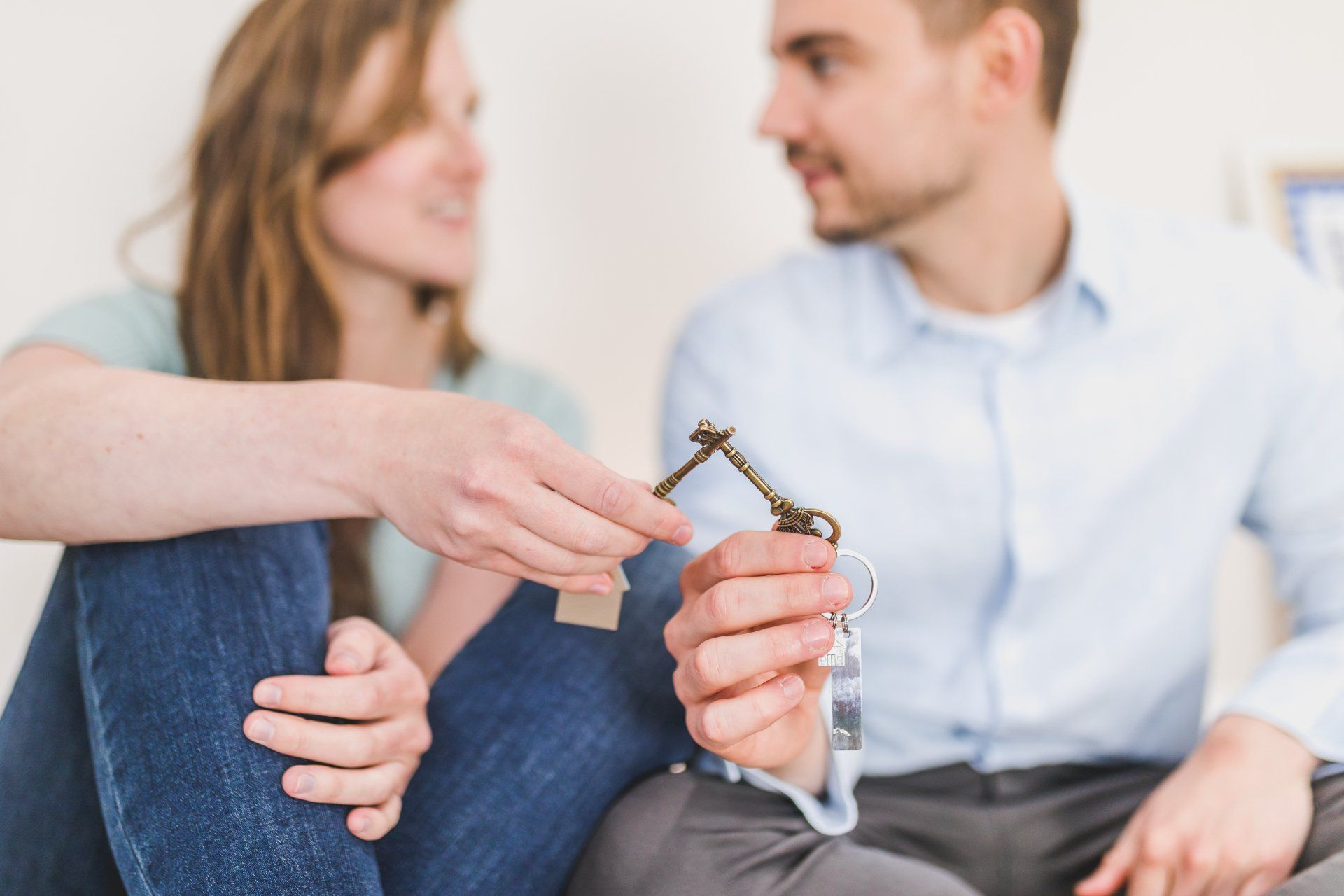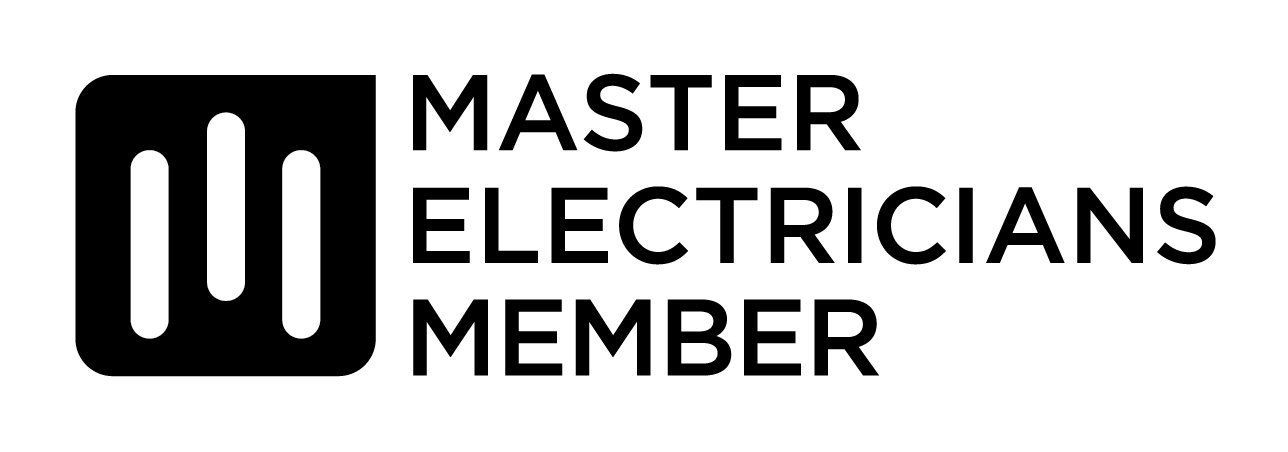Smoke Alarm Compliance
New Installs / Upgrades / Maintenance
No Call out fees or hidden charges
What type of enquiry do you have?
We cater to the local home owner and investor through to Property Managers
Don't know where to start?
Call us at 0450 637 026
Where do I need a smoke alarm?
- Smoke detectors should be placed inside the bedroom and just outside the bedroom areas, such as in a hallway. If you don't have a hallway than you must have one outside of the bedrooms in a spot where everyone sleeping can hear the alarm.
- Smoke alarms must be kept away from air ducts, windows, exhaust fans or anywhere with a draft that could keep smoke from reaching the detector.
- You must have a smoke alarm on every level, located at the base or top of the stairway. Your interconnected smoke alarms will sound throughout the house, quickly alerting everyone who is sleeping upstairs.
Can I use different brand smoke alarms?
- To insure that the alarms communicate with each other properly, it is recommended that they all be the same make and model for all units This also will eliminate any issues should there be a problem.
- Other units may or may not work together, or may mix up a smoke alarm versus a carbon monoxide alarm, so don't mix them!
- When installing additional alarms to bring inline with regulations, if you change all your alarms over at once, they all can then be checked at the same time, avoiding multiple callouts.
How long does it take?
- Depending on whether you are installing hard wired or wireless depends on how long.
- When installing hardwired alarms we are running cables through the ceiling and connecting into your lighting circuit. This can take roughly 20 minutes per alarm
- When installing wireless, we only need to attach the wireless alarm to the ceiling before interconnecting. This process can take roughly 10 minutes.
Hard Wired or Wireless?
- Hardwired smoke alarms are more dependable as they are connected on a power supply. Once the alarm sounds, they will not stop until turned off. In case of power interruptions, they have battery backups for continuous operation.
- Battery-powered smoke alarms depend solely on the batteries. Weak batteries mean dull operations. The amount of time the alarm sounds will depend on how much battery life is left.
- Wireless alarms are great for properties with no ceiling space or have asbestos.
- You can mix hardwired and wireless options where required using a wireless base to interconnect
Do smoke alarms need maintenance?
- The smoke detector is an essential safety device in any home. It doesn't require much maintenance other than to periodically check the battery or electrical connection, test your detectors once per month by pressing on their test button.
- Follow manufacturer’s instructions for cleaning to keep smoke alarms working well. The instructions are included in the package or can be found on the internet.
- Smoke alarms with non-replaceable 10-year batteries are designed to remain effective for up to 10 years. If the alarm chirps, warning that the battery is low, replace the entire smoke alarm right away.
Which smoke alarms are the best?
- Photoelectric alarms are best at detecting smoky and smouldering fires, which is a common type of house fire.
- Ionisation alarms are best at detecting fast-flaming fires that don't emit much visible smoke. But many house fires tend to be smoky and smouldering long before they flare into flame, and ionisation alarms aren't as quick at detecting these.
- Studies have shown that photoelectric alarms typically respond to smoky fires within about three to five minutes. Ionisation alarms can take much longer – up to 20 minutes or more – by which time escape can be much more difficult.
We can provide you a quote for all your options!
Call us at 0450 637 026
Trouble Shooting









